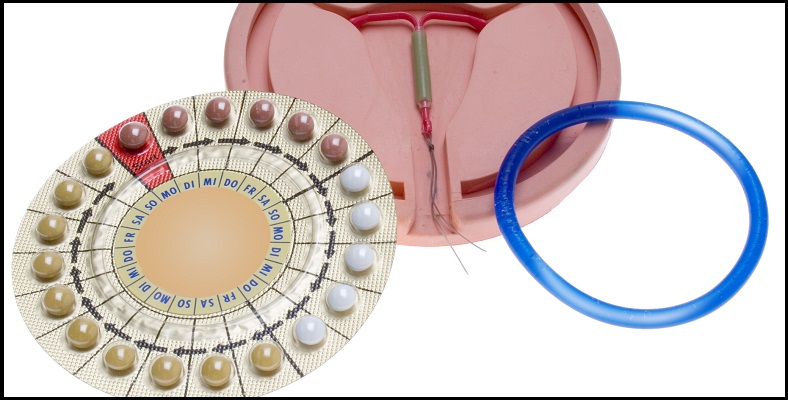
Contraception Advice
- Description
- Faq's
What is contraception?
Contraception aims to prevent pregnancy.
A woman can get pregnant if a man's sperm reaches one of her eggs (ova). Contraception tries to stop this happening by keeping the egg and sperm apart, or by stopping egg production, or by stopping the combined sperm and egg (fertilised egg) attaching to the lining of the womb. Contraception is free for most people in the india. With 15 methods to choose from, you can find one that suits you best.Barrier methods such as condoms are a form of contraception that help to protect against sexually transmitted infections (STIs) and pregnancy. You should use condoms to protect both your sexual health and that of your partner, no matter what the other contraception you're using to prevent pregnancy.
The 15 methods of contraception :
Don't be put off if the first type you use isn't quite right – you can try another. Read about the different methods of contraception:
- Caps
- Combined pill
- Condoms (female)
- Condoms (male)
- Contraceptive implant
- Contraceptive injection
- Contraceptive patch
- Diaphragms
- Intrauterine device (IUD)
- Intrauterine system (IUS)
- Natural family planning
- Progestogen-only pill
- Vaginal ring
There are two permanent methods of contraception:
- Female sterilisation
- Male sterilisation (vasectomy)
Where to get contraception?
Contraceptive services are free and confidential. This includes services for people under 16, as long as they're mature enough to understand the information and decisions involved – there are strict guidelines for healthcare professionals who work with people under 16.
You can get contraception for free from:
- Most GP surgeries (talk to your GP or practice nurse)
- Community contraception clinics
- Some genitourinary medicine (GUM) clinics
- Sexual health clinics (these offer contraceptive and STI testing services)
- Some young people's services
